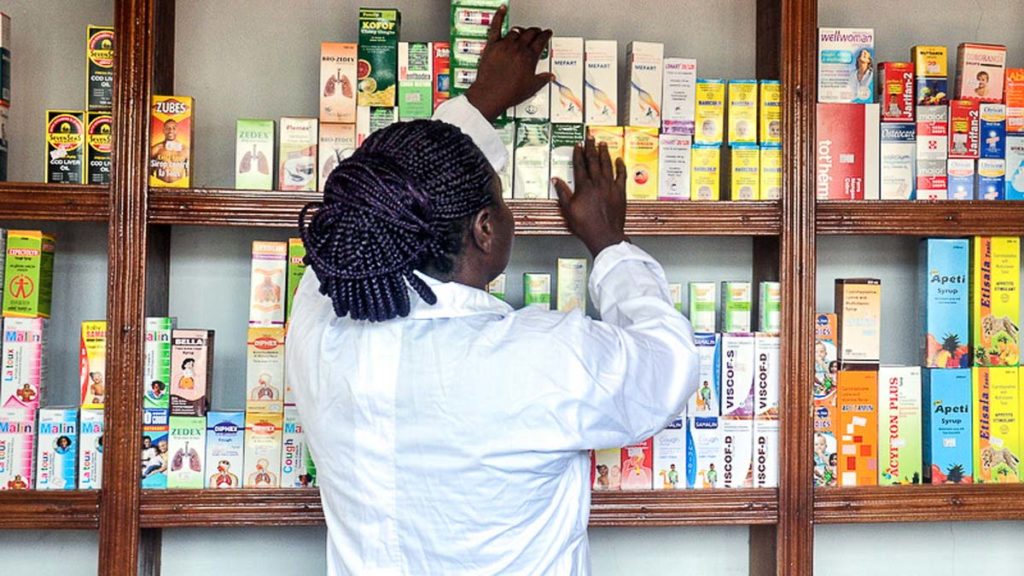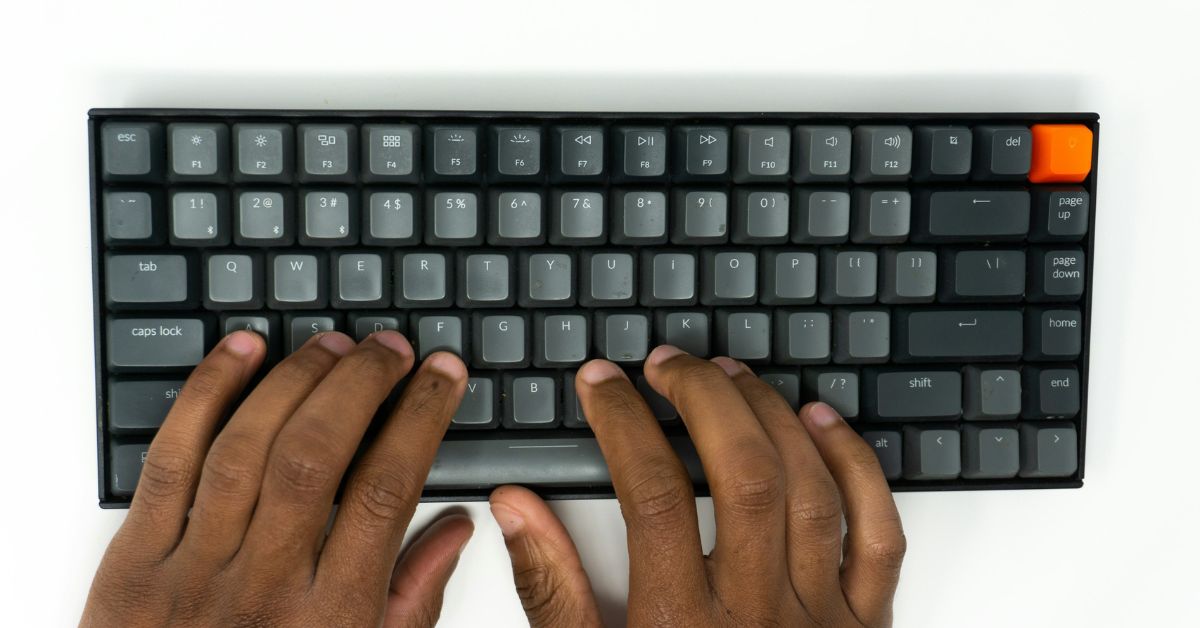Despite going through a recent recession, the Nigerian economy remains an important frontier for pharmaceutical businesses. McKinsey predicts Nigeria’s pharmaceutical market could grow as high as 9 percent yearly by 2026. Pharmacies would play a big role in this growth, contributing between $950 million and $1.1 billion during the same period.
But retail pharmacy in Nigeria is underdeveloped and fraught with challenges. One notable challenge is supply chain and distribution. According to the United Nations Industrial Development Organisation (UNIDO), “distribution of medicines in Nigeria is chaotic and involves too many different bodies, organizations.” On the one hand, this has made drugs more expensive in the country where over 50% of the population is extremely poor. On the other hand, this leads to the prevalence of expired and fake drugs; fake drugs account for around 30% of drugs in circulation.
One company wants to solve these problems by anchoring the entire supply chain through technology. Meet Lifestores Pharmacy.

Founded in 2017 by Bryan Mezue, Ken Ahaotu, a pharmacist, and Andrew Garza, Lifestores is a medical technology company that is bringing innovation to how the pharmacy business works in Nigeria. The company has created a pharmacy chain with a core focus on the mass market or low-income population.
Garza, the company’s COO, explained to TechCabal that there are not many pharmacy chains targeting the mass market in Lagos particularly or Nigeria in general. “There is no chain of 10 stores focused on the mass market,” he said. Instead, the pharmacy business in these areas is dominated by small-time pharmacists whose “standard of care is inconsistent”, Garza added.
“The [pharmacy] space is incredibly fragmented,” Garza said. He explained that the market leaders, which include companies like MedPlus and HealthPlus, collectively own just 2% market share by revenue and store count. “So they’re quite small compared to other markets like South Africa where the single lead tends to have as much as 30% of market share,” he added.
This was the starting point of that idea.
“These things got me really interested in the opportunity of a chain of pharmacies that focused on the mass market as opposed to all of the leaders that focus on the high end segment.”
Lifestores wants to use innovative approaches to break into this market and gain market share.
Notably, it operates bricks and mortar shops in Lagos. Since it launched, the startup has opened three stores in different parts of Lagos, in Yaba, Festac, and Ilupeju. It originally started with two stores and bought the third. Garza explained that the company wants to expand to more locations in Lagos like Alimosho, Ikeja and Ikotun.
To do this, Garza said the company is combining a number of approaches. First, it will target visible streets and establish shops in these locations. Second, Lifestores is also looking to expand by acquiring pharmacies located in strategic areas. And third, the company will use franchising to make its brand visible in more territories without actually owning a store there.
To manage its processes, Lifestores has developed a software component to its business in partnership with Andela. The software covers things like sales and inventory, but it also stores and tracks patients’ drug records. The software is also important for its franchising business. It provides both the tools and the resources that could transform a small time pharmacy into an efficient and well-structured operation.
“The endgame is building a network of pharmacies and a network of franchises,” Garza added.

In addition to bricks and mortar stores, Lifestores is developing logistics operation that will reduce the price of drugs at its stores. “We have much lower prices than both the mom and pops stores and the big brands,” Garza said.
The company is cutting out the middle man in the supply chain and is working directly with manufacturing companies to get the best deals on drugs.
“While price is most important, quality is important too,” Garza said, in relation the company has gotten through feedback from its customers.
Another approach Lifestores is combining is data. “Pharmacies lose over 50% of sales due to late restocking,” Garza explained. Lifestores is building a data-centric operation that understands user purchases by location, season and price. It tailors this information to provide recommendations to other pharmacists on what items to restock and when. The company is also hoping the data will prove valuable to manufacturing companies and influence their production decisions. Garza said the data will also be used for targeted promotions to customers.
The company also launched VIVA, a digital offering that provides “end to end support program for individuals managing chronic conditions like hypertension.” VIVA costs N1,000 monthly and Lifestores says it provides “data-enabled coaching from experts”, discounts and other benefits.
But Lifestores is not without challenges. The company’s enthusiasm for a digital approach has been dulled by low adoption technology for healthcare in Nigeria. Garza disclosed to TechCabal they once piloted an on-demand drug delivery service for three months in Festac, but received only one order during that time.
This may be due to the fact many people prefer a social connection when it comes to health care delivery. People prefer to go to the closest shops and explain their symptoms rather than do so over the phone or online.

Another challenge for the company is pharmacy regulatory laws. In Nigeria, pharmacies must be located at least 200 metres from one another. With the fragmented nature of the business in Nigeria, Lifestores could find it tough to break into popular roads and streets if other smaller shops operate there.
This is why acquisitions and franchising are important parts of its expansion plans, Garza disclosed.
But Garza says the company appreciates the efforts of regulators – NAFDAC and the PCN – to improve community pharmacy practice in the country.
In June 2018, it secured some funding from Kairos Angels, an angel investor. Lifestores is currently raising a seed funding round in that would help prop up its expansion plan. It also wants to hire some Andela developers that were affected by the recent layoffs. The developers will help build out the software side of the business.
With a focus on the mass market, Lifestores seems promising. It’s the same sort of market focus that helped Chinese company, Transsion Holdings, to take a share in the Nigerian phone market and eventually dominate it in 2019. Whether the same should be expected from Lifestores is still too early to call. But we’ll continue to watch its development.




















